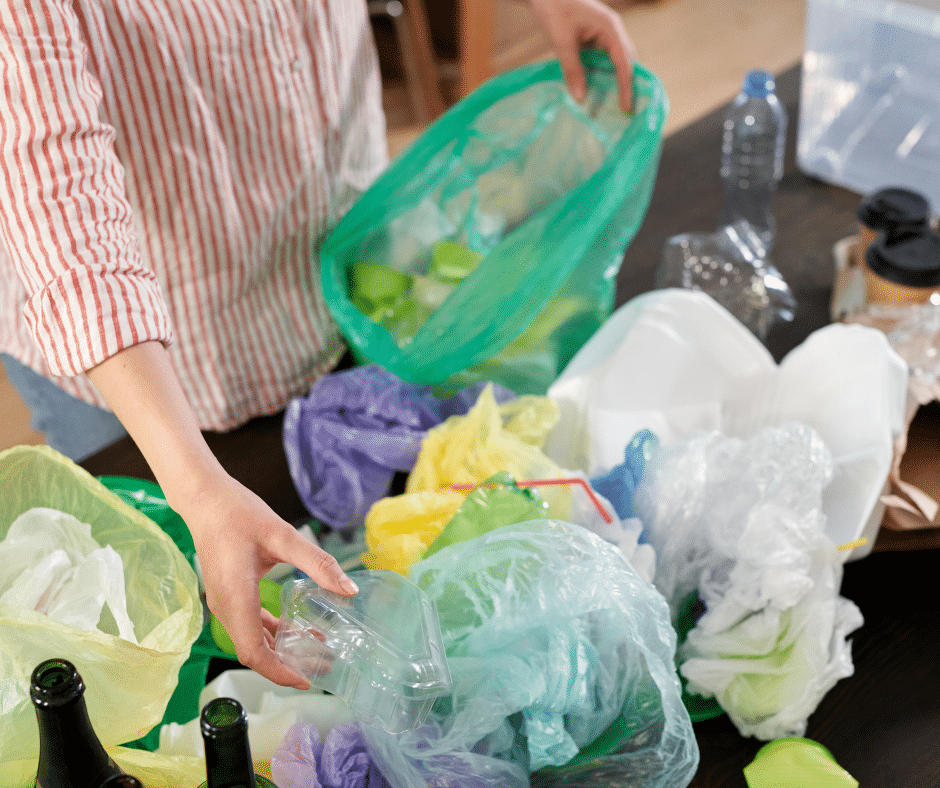Recycling is extracting value from waste materials, reusing them, and often finishing them so they can be sold to a new consumer. Recycling plays a significant role in reducing the amount of waste generated and helps keep landfills from filling up. But Recycling isn’t just about keeping materials out of the landfill. Recycling is a big part of keeping climate change at bay as well. Here is how Recycling can Slow down Climate Change:

Reduce the amount of waste generated.
Recycling keeps waste materials out of the landfill, preventing them from filling up and making landfills obsolete. Recycling also limits the amount of greenhouse gas emissions released into the atmosphere.
Greenhouse gas emissions are a leading factor in climate change. Increasing concentrations of these gases act to trap heat and have increased global temperatures. These gases come from burning fossil fuels for electricity, transportation, and manufacturing processes. The more waste there is being sent to landfills, the more greenhouse gas emissions are released into the atmosphere, leading to climate change.
Increase the material recovery rate of materials
The more materials that are recycled, the less waste there will be. Recycling is a way to increase the material recovery rate of materials. By Recycling, we can extract the raw materials and reuse them in new products. For example, plastic water bottles are made of PET or polyethylene terephthalate. As they’re used and discarded, they can be recycled into various things, including shoe soles and clothing fabric.
Reduce energy usage
You may not know it, but Recycling can reduce energy usage. When products are manufactured, they require a lot of energy. But when you recycle and reuse those items, the energy needed to make them is minimized. This is because Recycling requires less energy than creating new materials from scratch.
Recycling also helps us lower our carbon footprint. By keeping materials out of landfills and reducing how much we use, we can lower our carbon footprint, which will help slow climate change. Recycling also keeps toxins out of the soil and water systems essential to keep cancer rates down.

Create jobs for people who are out of work
There is also an economic benefit to Recycling. Recycling creates jobs for people out of work and can help them earn a living wage by allowing them to work in this industry. It’s important to note that Recycling creates jobs at all levels, from entry-level positions to management positions. This includes creating opportunities for workers typically passed over by traditional hiring practices, such as ex-convicts or recovering drug addicts.
Reduce our dependence on foreign energy sources
Recycling materials has a positive environmental impact as well. It can help reduce our dependence on foreign energy sources and decrease greenhouse gas emissions released into the atmosphere. Recycling also helps offset the large amount of energy needed to produce more non-recyclable materials.
Conclusion
Recycling is a necessary step in making our world a better place. It’s one of the best ways to slow climate change, reduce our dependence on foreign energy, and put people back to work. It’s a win-win-win.
